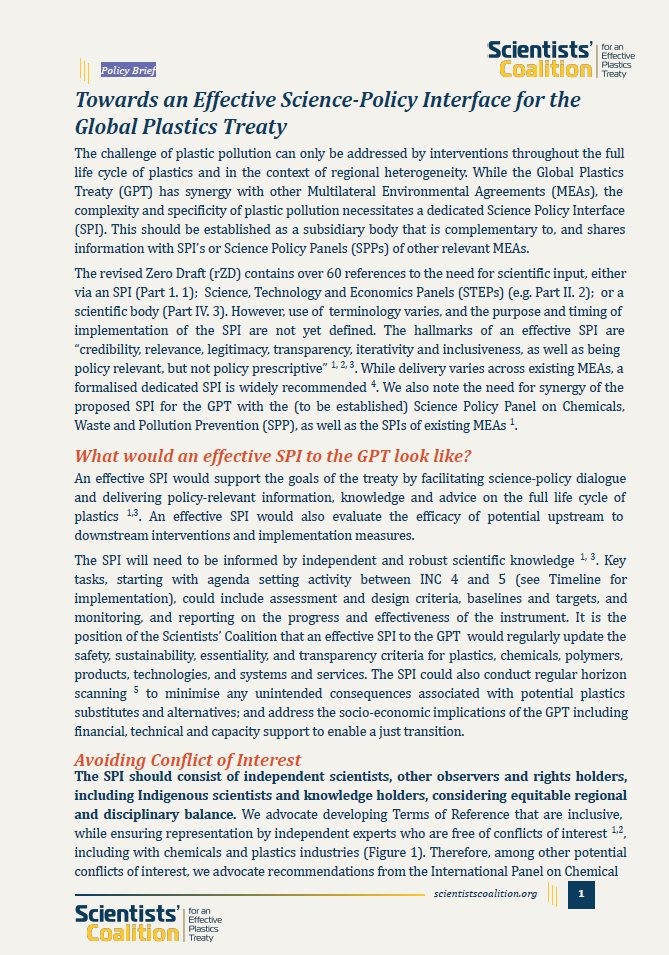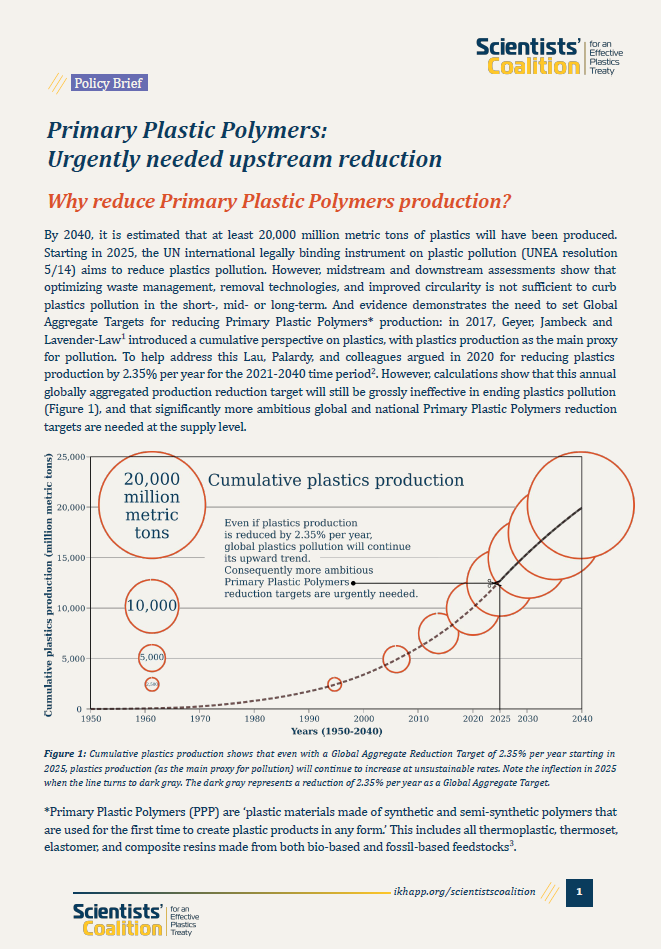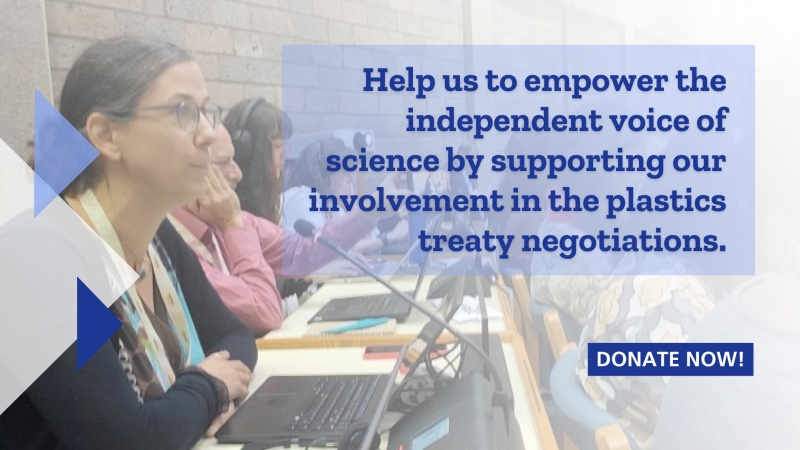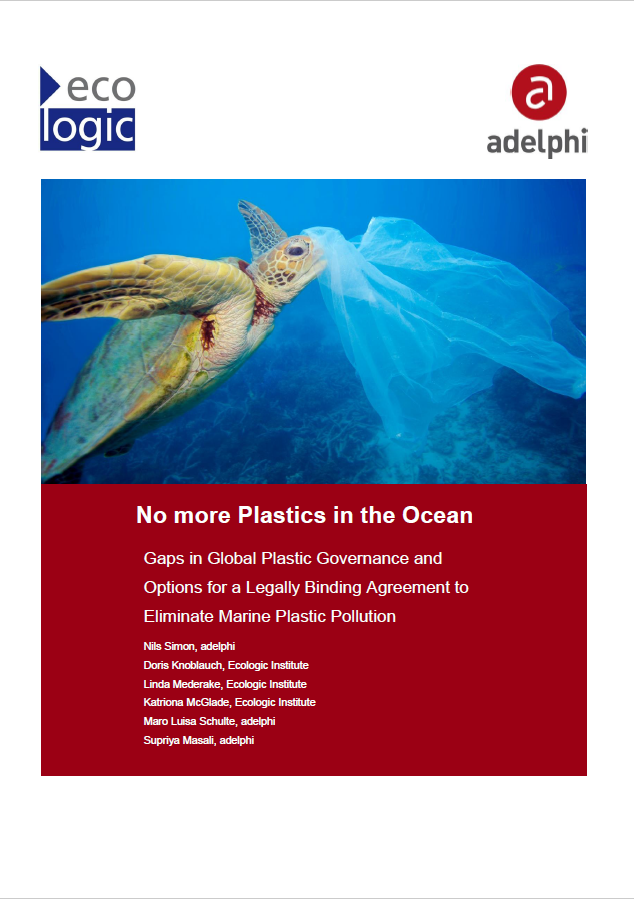Regulation: Solutions at the Wrong End.
Plastic Atlas 2019: Facts and figures about the world of synthetic polymers
- Publication
- Citation
Mederake, Linda; Gürtler, Stephan; Knoblauch, Doris (2019): Regulation: Solutions at the Wrong End. In: Heinrich-Böll-Stiftung und BUND – Bund für Umwelt und Naturschutz Deutschland (Eds.): Plastic Atlas 2019. Facts and figures about the world of synthetic polymers. Berlin.
There are numerous regulatory approaches at international, regional and national level regarding the handling of plastic products and plastic waste. What they all have in common is their limited effectiveness. In their contribution, Linda Mederake, Stephan Gürtler and Doris Knoblauch (all Ecologic Institute) argue that this is partly due to the fact that at the international level a large number of binding agreements and voluntary initiatives have developed independently of one another and are therefore not coordinated in terms of content. On the other hand, the existing agreements often reduce the plastic problem to waste disposal. As a result, they are unable to grasp the full consequences of plastics consumption. The Plastic Atlas 2019 is available online.
At the national level, regulatory approaches have been limited primarily to the collection and recycling of plastics in the past. This includes extended producer responsibility, which was introduced in Germany in 1991 with the dual systems. For a number of years now, more and more countries have been directly addressing the prevention of plastics, for example in the case of plastic bags, by imposing requirements or bans. However, as a rule these are very narrowly defined. At the same time, however, there are also pioneering countries such as Costa Rica and India that are striving for a general ban on disposable plastics.
In their contribution, Linda Mederake, Stephan Gürtler and Doris Knoblauch emphasise that the various existing regulatory approaches do not change anything about a fundamental problem: There are hardly any binding regulations that oblige manufacturers to curb production or develop products that are easy to recycle. In addition, the existing regulations do not cover a large proportion of plastic or microplastic inputs into the environment, such as tyre wear.
In 19 chapters, the Plastic Atlas deals with very different aspects of plastics, illustrated with infographics. The Plastic Atlas looks among other things at the increasing global production of plastics and explains the life cycle of plastics from extraction, processing and use to disposal and it addresses the associated problems.





